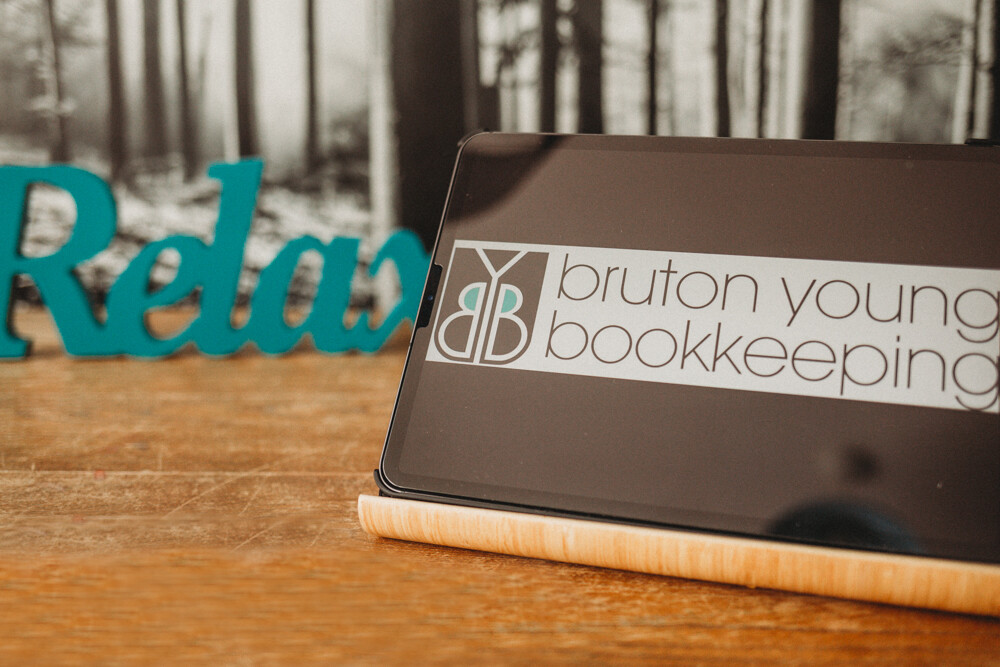If you’re a full time freelancer, keeping your accounts in check for paying your tax can be viewed as a bit of a nightmare. It’s the huge negative to the masses of positives and perks of working freelance. Let’s have a look at how to prepare for your tax bill, without bashing your head against the keyboard as you stare blankly at an Excel spreadsheet.
One of the first things to understand is that the money you earn is not all yours. Let’s say that again for clarity. The money you earn, is not all yours. We all have a personal allowance which allows us to not be taxed on the first £12,500 you earn (this amount changes each financial year) but after that you get taxed. So, for example, if you earn £20,000 a year in your freelance work, you’ll owe tax on £7,500. So it may look like you earn £20k a year but you’ll actually earn less. So that holiday or new car expenditure, whilst a great idea at the time, might not be the best idea in the long run.
With that said, you need to make sure you save enough of what you earn to cover your tax bill. People do this in different ways but one idea is to save a percentage of what you earn every month, remove it from your bank account and place it into a (ideally high interest!) account purely for saving towards that tax bill. What that percentage is depends on how much you earn. Using our example above and the estimated tax calculator on the HMRC website, your take home pay would be 17,137.64, having paid £1,498.30 for income tax and £1,364.16 for national insurance. Notice here that the amount you owe isn’t just income tax. You also need to keep up with NI contributions so you are entitled to certain state benefits. So throughout the year you’d have to figure out a way to save just under £3,000 so you can cover your bill.
Be sure to keep on top of invoices. Freelancers often find it hard to get payments from clients, it’s a bit of a mystery as to why! If the work has been done and the invoice has been sent, expect it to be paid within your payment terms. If it isn’t, follow it up. It might be an honest mistake but it’s always worth an email or phone call. This way your cash flow is more constant and you are able to not only afford your everyday bills, you can also forage away your percentage towards your tax bill.
Know that you don’t owe tax on everything. We’ve covered the ever-changing personal allowance but there’s business expenses too. If you buy a new laptop for work, you can deduct that amount from the income you’ve made. This brings your profits down and means you pay less tax. This is why it’s important to keep your receipts, as proof of purchase. Other expenses might include computer software subscriptions, mileage and even your mobile phone bill!
This is where an accountant comes in handy. They have the expert knowledge and will often look at your income and your business spending and see areas where you can claim. This means that you won’t owe as much tax so you won’t need to push quite as much into your tax savings pot each month.
So whether you’re a photographer, tutor or web developer, it’s the same end game. If you don’t plan for the long term as a freelancer, you’ll be met with a great big bill you can’t pay. That’s no good for anyone and just brings added unnecessary stress into life. A change in your mindset, a little bit of planning and some regular saving can help you thrive in your freelance life.


